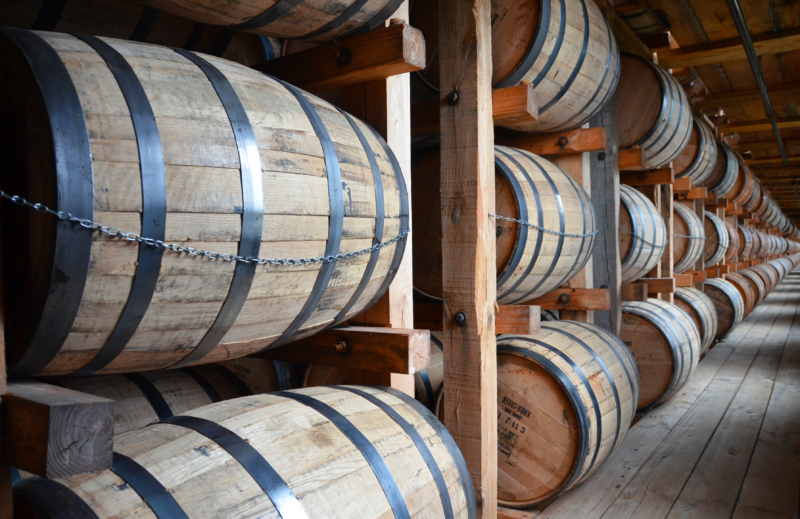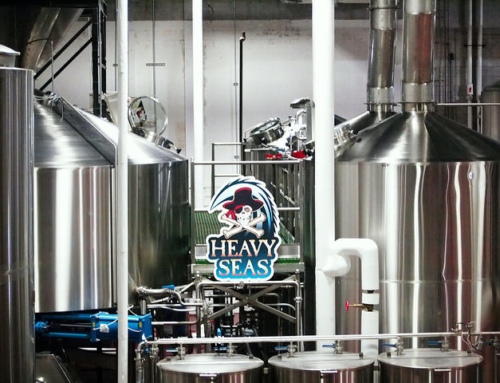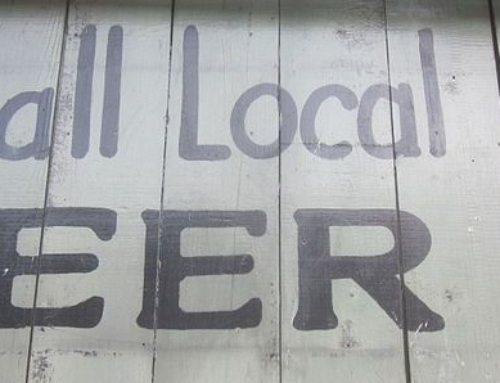Creativity, ingenuity, science, and imagination are not new concepts for craft brewers.
On the contrary, the craft brew scene was founded, and has exploded, thanks to the tireless effort and inquisitive nature of past and present brewers.
That’s why for a lot of craft brewers, the idea of using innovative and sustainable practices has, and will continue to, drive performance and business profitability.
A simple google search for “climate change” will turn up enough startling statistics to make anyone’s stomach churn. Now, more than ever, there are a million reasons to start incorporating green-initiatives into your brewery’s production cycle.
While environmental sustainability is of course the biggest driving factor, it’s not the only reason a craft brewer should hop on the eco-friendly bandwagon.
In a recent study done by Goldman Sachs, it was found internationally, that companies who employed sustainable practices outperformed (in profit) competitors in their sector by 25%.
This is not hard to believe, when you remember that the slogan of the sustainability movement is “reduce, reuse, recycle.” All three of these tenets help to slash the cost of craft beer production by some, if not a significant, margin.
Creating a beer that is responsibly sourced and produced will likely, in turn, create a loyal customer base.
The market for craft is saturated by educated, Eco-friendly consumers. And in terms of craft beer buying power, it’s no industry secret that the millennial demographic carries a lot of weight.
According to data from a study titled 2015 Cone Communications Millennial CSR Study, “More than nine-in-10 Millennials would switch brands to one associated with a cause (91% vs. 85% U.S. average)”
This may be a very valuable tool for brewers to align the fickle millennial with their brand identity, as they feel connected not only to the product, but with an idea of what the company itself stands for.
Profitability aside, taking environmentally responsible measures for your brewery is the right thing to do.
Limiting water use, and responsibly disposing of waste matter keeps the drinking water of local communities potable in the short term.
In a long term sense, it keeps the environment healthy and stable, which breweries need in order to sustain affordable pricing for wheat, barley, and hops.
There are a lot of ways for a brewery to start earning that illustrious “eco-friendly” title. (Like seriously, A LOT, but we’ll go over those later.)
The benefits of (and profits from) sustainable practices will quickly absorb the investment that it took to get them started.
Ultimately, eco-friendly brewery practices are good for your bottom line, as well as the quality of life for yourself and your consumers for generations to come.








Leave A Comment